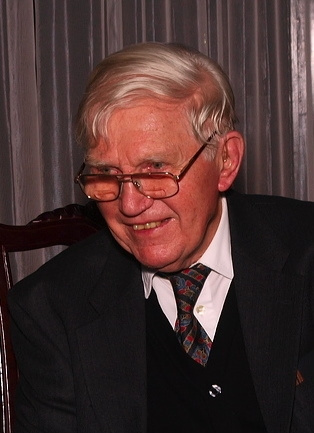From HLM Flash DemoVideo player: Flash Demo
For someone who does NOT have a formal teaching background this for me is the first time in 13 months that I have something practical that is based in learning, not 'e-learning' that I feel can apply immediately to any learning context: instructing sailing, teaching swimming, advising on digital marketing, supporting a team making a short film ... and especially thinking of ways to occupy children who are now on a three week holiday.
Blogspot from conference presentation of HLM
Institutional e-learning services
I found this exercise extraordinarily useful. In the space of an hour I felt I assembled the makings of a series of activities, a module that might take place over a weekend, or a week or two. Thinking of this as learning first, and e-learning second helped.
I decided on creating a course on 'marketing to the social web.'
I've always fallen back on system, surveys and so on. A set of questions, in this case cards, that you can mix about, sets the process up. A similar end result might be achieved in different ways, but here, falling back on the cards and working with these options helps you to get something down. Indeed, having the cards makes you appreciate at every stage you could approach it differently. It would highlight any repetitive approach, something some online educators are guilty of i.e. a course where every activity is a person talking to camera with a transcript of what they say. And no better than the weekly lecture and reading list which was almost my entire three year undergraduate experience.
The graphics worry me. I do think there is value in engaging the best graphic designer for things like this, to come up with something universal. I wonder how some learners would interpret a class that involved the use of flash cards with coloured in cartoons on them. Given the ability of the www to offer choices I'd give users a choice of a dozen alternative images for each activity.
As I'm looking at various courses on digital marketing I'll see how I can add to this.
Activity/Task –Objective
Learning Event
Teacher’s Role
Learner’s Role
Resources
Tools (inc. Technologies)
Other comments
Survey on current awareness of advertising/marketing in social networks
RECEIVES
Explain
Evaluate
Review
WWW
Marketing to the Social Web as key resource.
Survey Monkey
(e-reader)
Individual
24 hours of Google Alerts, Twitter and Facebook, Linkedin.
EXPLORES
Coach
Research
WWW
Min six people sharing task to cover entire 24 hour period.
Write in a blog, microblog. As text from the spoken word. Writing within parameters, not just Twitter’s 140 characters, but other word counts.
IMITATES
Perform
Apply
Perform
Reflect
WWW
Wordpress
LiveJournal
Blogger
Writers & Artists Handbook.
Voice Recognition Software
Touch Typing Software
Trying to develop a fluid, immediate, even ‘stream of consciousness’ approach to writing.
Image only in a blog.
CREATES
Coach
Create
WWW
Flickr
Tumblr
Digital Camera
Mobile Phone
Webcam
Comment on blogs, join in forum discussion .
EXPERIMENTERS
Explain
Practice
WWW
Blogging for Dummies.
Letters to the editor. Letters.
RSS
Within the group and beyond
Add sound to a blog … voice, music, live (Skype) and broadcast (podcast).
PRACTICES
Coach
Perform
WWW
Podbean
Headset
Microphone
Group
Measure
RECEIVES
Apply
Questions
WWW
Analytics
Neilsen
Research companies
Tools
Technorati
Google Analytics
Buzzmetrics
Group
Promote (PR, advertising, marketing)
EXPERIMENT
Perform
Explains
Explore
Perform
WWW
Viral Video
Event
D&AD DVD
Mobile platforms
DVD player
Group
Survey on final awareness of advertising/marketing in/to social networks.
RECEIVES
Explain
Evaluate
Review
WWW
Marketing to the Social Web as key resource.
Survey Monkey
(e-reader)
Individual
The Writer's Tool Kit
All these cards had me thinking of a writer's tool kit, 'The Observation Deck' by Naomi Epel. In that period where I wrote fiction all day I often dipped into this, simply to keep me going. In pratise it is far more useful for someone who blogs all the time as it triggers a line of thought.
If you're running a creative writing course this IS your learning design done; each week take a different card from the box and do.
